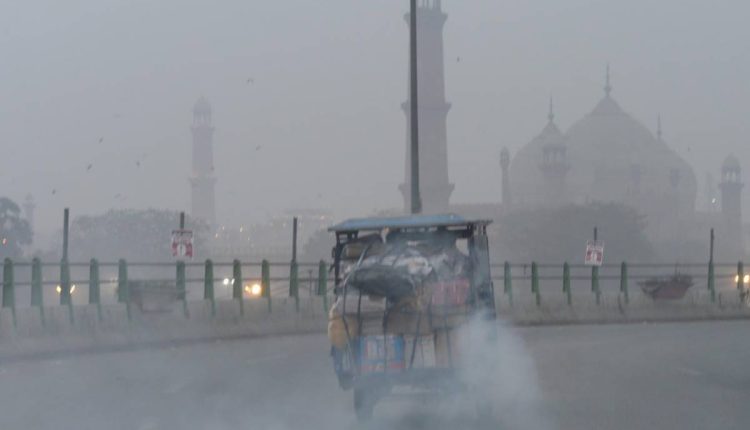Pakistani Life Expectancy Could Decrease by Seven Years Due to Air Pollution
Alarming Consequences of Air Pollution: Potential Seven-Year Decrease in Pakistani Life Expectancy

Air pollution in Pakistan, particularly in cities such as Lahore, Sheikhupura, and Peshawar, is posing a grave threat to public health and longevity. A recent report from the University of Chicago’s Energy Policy Institute indicates that the escalating levels of air pollution could potentially reduce the average lifespan of residents in highly affected areas by up to seven years in the coming years. The pollution, largely attributed to industrial emissions and vehicular pollution, has led to particulate levels exceeding recommended guidelines, affecting around 98.3% of the population.
The report highlights the severe impact on regions like Punjab, Islamabad, and Khyber Pakhtunkhwa, where approximately 65.5 million people reside. According to World Health Organization standards, these areas are likely to experience a notable reduction in average lifespans, ranging from 3.7 to 4.6 years, due to the adverse effects of air pollution. Experts emphasize that urgent measures are required to address this crisis, as air pollution not only threatens longevity but disproportionately affects vulnerable groups such as pregnant women and children.
Addressing this crisis requires both immediate governmental intervention and public awareness. The hazardous air quality not only results in reduced lifespans but also raises concerns about long-term health impacts. The report underscores the need for stringent policies and effective implementation to mitigate air pollution’s detrimental effects on public health, emphasizing that prompt action is vital to safeguard the well-being of the population and future generations.
